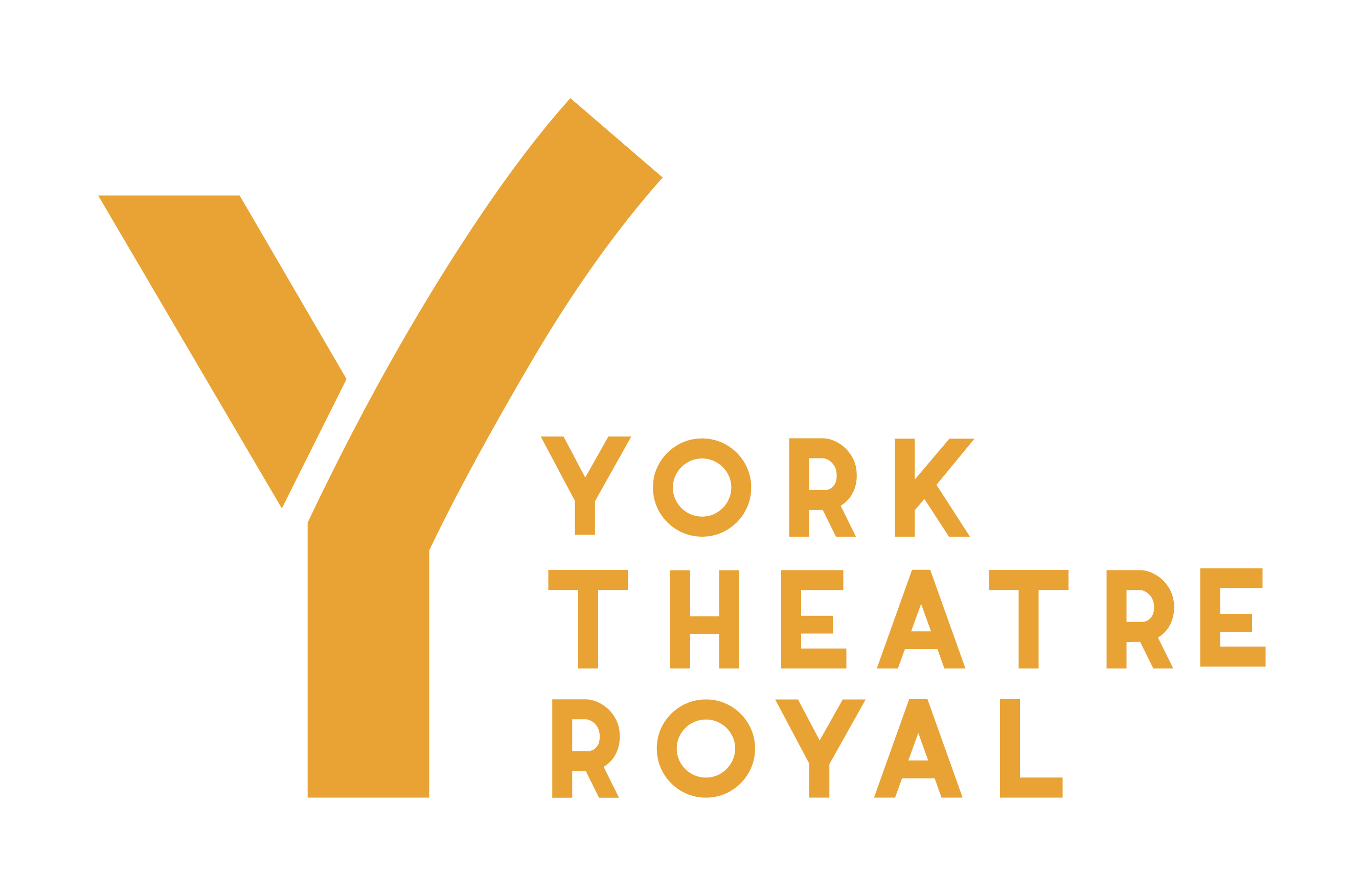An innovative project which aims to use archaeology to tackle social inclusion and improve mental health has received an enormous boost thanks to a grant of £249,391 from the National Lottery Heritage Fund.
An innovative project which aims to use archaeology to tackle social inclusion and improve mental health has received an enormous boost thanks to a grant of £249,391 from the National Lottery Heritage Fund. The funding will secure Archaeology on Prescription, a joint project between archaeologists and the community engagement teams from York Archaeological Trust, until February 2025.
The project piloted in September 2021 at Willow House, just inside York’s city walls by Walmgate Bar, with archaeologists working with local organisations including Converge and Changing Lives, to introduce participants to the scheme. Whilst the project will continue at Willow House through 2023, it is hoped that it can be an integral part of the Dig for Eboracum, the archaeological dig proposed for Rougier Street as part of the Northern House redevelopment into The Roman Quarter.
“The grounds at Willow House have been a fantastic place to introduce people to the skills of archaeology in an unpressured and yet historically-significant location. The Dig for Eboracum will be a major live dig working to a tight but deliverable schedule, and Archaeology on Prescription at this site will have a very different feel,” comments Sarah Maltby, direction of attractions for York Archaeological Trust. “We know from the Coppergate dig in the late 1970s and early 80s how much being involved in this scale of project remains with people for the rest of their lives, and we’re excited that we now have funding in place to offer as part of our ambitious community engagement programme should the planning application be successful when it is considered next week.”
Participants in Archaeology on Prescription work on a real excavation alongside archaeologists, digging, unearthing, recording and washing items in a friendly, pressure-free environment. Whilst some participants have been invited to join the initiative by local organisations and charities, others have self-referred onto the scheme, making friends, building self confidence and self esteem whilst learning new skills.
The initiative has received significant national attention, including winning the Community Engagement Award at the prestigious Museum & Heritage Awards in May. On a local level, the project has the support of City of York Council – which owns the Willow House site – and received funding for the initial pilots and community engagement from a number of sources, including the Ed De Nunzio Charitable Trust, City of York Council and Make It York’s Culture & Wellbeing fund, and Arnold Clark Community Fund. The next stage of the project, which starts late summer, has also received grants from York Common Good Trust, The Feeoffees of Spurriergate Church in York, Patricia & Donald Shepherd Charitable Trust, and York Viking and York Rotary Clubs.
“This kind of community engagement can be used to improve health and wellbeing in just about any community, but in York – where we have a rich history which even predates the Romans – the connection with the past is incredibly strong, and makes this particularly rewarding for participants,” comments chief executive of York Archaeological Trust, David Jennings. “Even on our pilot schemes, we have heard from participants on how it has genuinely changed their lives, so this is something I’d love to see happening more in this wonderful city. It is rare to have such flexibility at dig sites in the city centre – the most exciting place to dig – where most excavations are limited to small pits. We are incredibly grateful to City of York Council for permitting us to use Willow House, but the Rougier Street site would be a remarkable place for people’s first experiences of hands-on archaeology.”



 ‘Darkest Hour’ star Gary Oldman is coming to York!
‘Darkest Hour’ star Gary Oldman is coming to York!